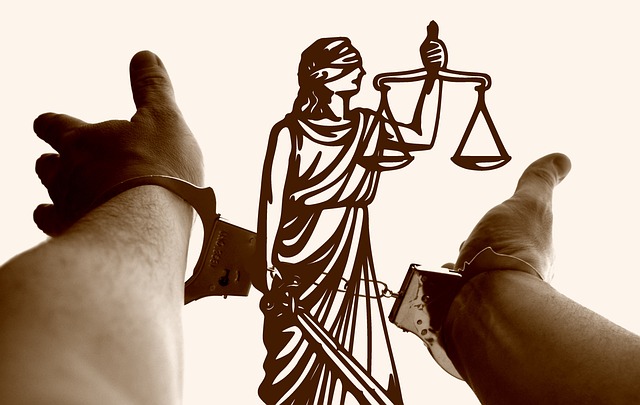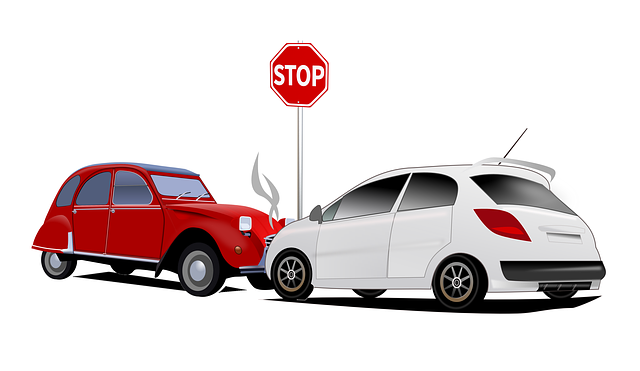Medical negligence injuries, ranging from minor to severe, result from healthcare professionals' failure to meet acceptable care standards, including diagnosis, treatment, and informed consent. These incidents can lead to significant financial consequences and legal disputes, with individuals seeking compensation for permanent disabilities or wrongful death through expert evidence gathering, prompt legal action against experienced attorneys, and immediate prioritization of proper medical care post-injury. Understanding one's legal rights is paramount in navigating complex medical negligence cases and pursuing just compensation for associated costs.
“New to the world of medical negligence injuries? This comprehensive guide is your first step towards understanding this complex issue. We break down what these injuries are and how they occur, offering insights into the legal rights and recourse available to you. Furthermore, we’ll walk you through the healing process and steps for compensation after a medical negligence incident. By the end, you’ll be equipped with knowledge to navigate this challenging journey.”
- Understanding Medical Negligence Injuries: What They Are and How They Happen
- The Legal Aspects of Medical Negligence Claims: Rights and Recourse
- Healing and Compensation: Steps After Sustaining a Medical Negligence Injury
Understanding Medical Negligence Injuries: What They Are and How They Happen

Medical negligence injuries are a significant concern in healthcare, referring to harm or adverse outcomes that patients experience due to a medical professional’s failure to provide acceptable care. These incidents can range from minor errors to severe disabilities or even wrongful death. Understanding how they occur is vital for both patients and healthcare providers alike.
Many instances of medical negligence arise from breaches of the fiduciary duty, where doctors and other healthcare staff owe a responsibility of care to their patients. This includes tasks like correct diagnosis, appropriate treatment plans, informed consent, and avoiding errors in medication or procedure. Commercial disputes may also ensue when negligence leads to significant financial losses for patients or their families. For example, if a medical error results in permanent disability, the affected individual might seek compensation through legal channels, often involving complex negotiations and litigation, similar to cases of wrongful death.
The Legal Aspects of Medical Negligence Claims: Rights and Recourse

When dealing with medical negligence injuries, understanding your legal rights is a crucial step. If you’ve been injured due to a healthcare professional’s negligence, you have the right to seek compensation for your pain and suffering, medical expenses, and other associated damages. The first step is to gather evidence—medical records, witness statements, and expert opinions—to build a strong case. It’s essential to act promptly; many jurisdictions have strict time limits for filing medical negligence claims.
Seeking legal representation from an experienced auto accident lawyer or medical negligence attorney can significantly enhance your chances of success. These professionals can guide you through the complex legal process, ensuring you receive fair and just compensation. They will help navigate the intricate web of insurance policies, hospital protocols, and legal precedents to build a robust case tailored to your specific circumstances. Remember, knowing your rights and having the right legal support are pivotal in pursuing medical negligence injuries claims effectively.
Healing and Compensation: Steps After Sustaining a Medical Negligence Injury

After sustaining a medical negligence injury, the initial steps towards healing and justice are crucial. The first action is to ensure immediate medical attention to stabilize your condition. This process often involves numerous doctor’s visits, hospital stays, and ongoing care, as recommended by healthcare professionals. It’s important to keep detailed records of all treatments, medications, and diagnoses during this phase.
Once you’re on the path to recovery, consulting with a personal injury attorney specializing in medical negligence is the next logical step. They will guide you through understanding your legal rights and options. This may include pursuing compensation for expenses like medical bills, lost wages, and pain and suffering. A skilled attorney can help navigate the complexities of real estate litigation or partnership disputes (if relevant to the case) and ensure you receive fair compensation for the harm caused by medical negligence.
For those newly navigating the complexities of medical negligence injuries, this guide offers a comprehensive starting point. By understanding what these injuries are and how they occur, individuals can better recognize their legal rights and take informed steps towards healing and compensation. Remember that seeking justice for medical negligence is a crucial step in ensuring accountability and preventing future harm.






